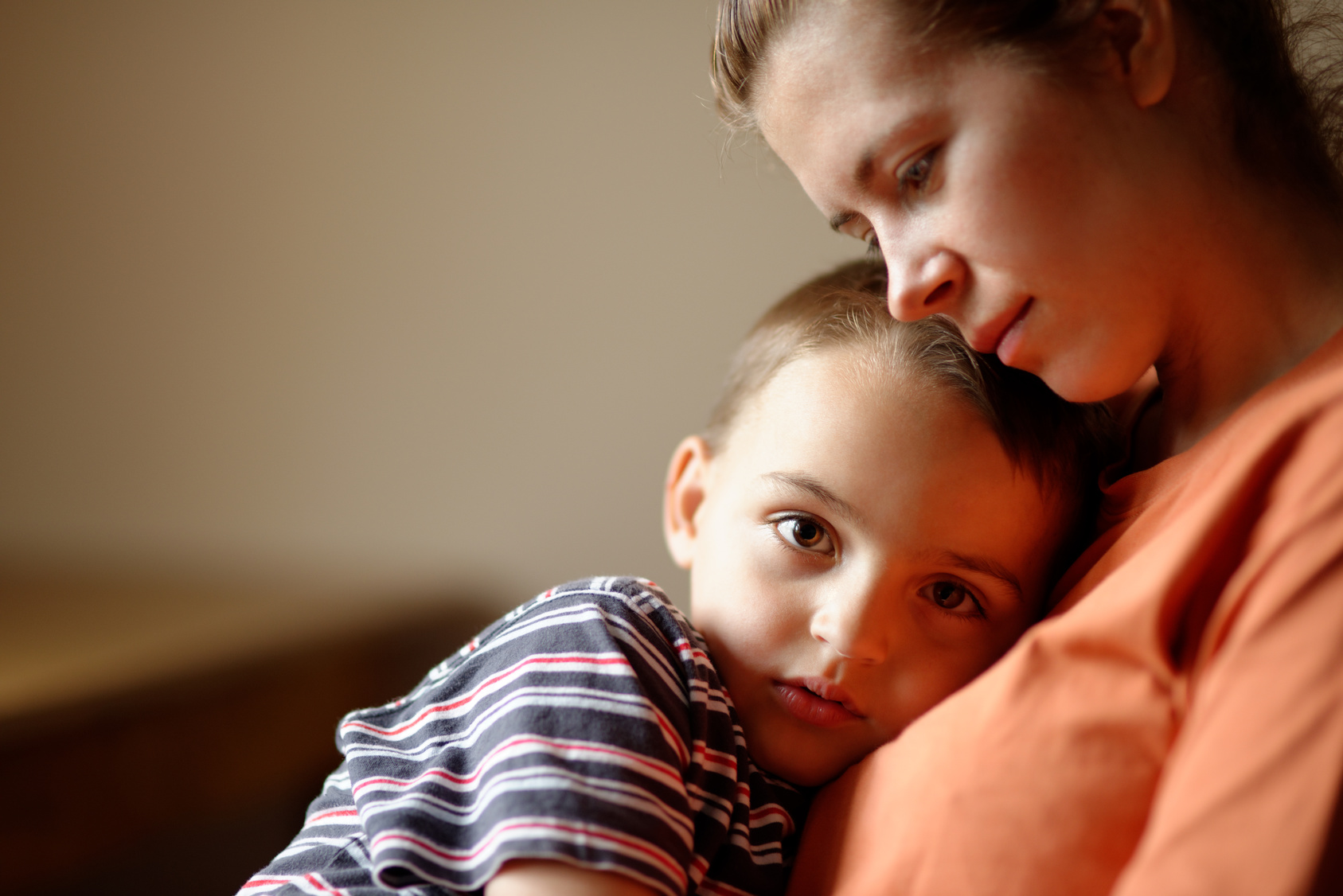When we provide consultations regarding the use of antidepressants during pregnancy, one of the most difficult questions we have to answer is related to the long-term effects of prenatal antidepressant exposure. Specifically, do antidepressants used by the mother during pregnancy affect the long term development of the fetus? While many studies have attempted to look at the effects of prenatal antidepressant exposure on neurodevelopment and behavior, most of these studies have been relatively small and have followed children over shorter periods of time. Thus, it is difficult to fully appreciate the long-term consequences of prenatal exposure to antidepressants.
The analysis of large medical databases have given us the opportunity to assess outcomes in larger numbers of children exposed to antidepressants during pregnancy. A recent study, using Danish medical registers, assesses risk for psychiatric illness in children exposed to antidepressants in utero.
This population based cohort study included 905,383 children born between 1998 and 2012 in Denmark who were followed from birth up until July 2014 The children were followed for a maximum of 16.5 years. Children were categorized into four groups based on maternal use of antidepressants within two years of pregnancy: unexposed, antidepressant discontinuation (use before but not during pregnancy), antidepressant continuation (use both before and during pregnancy), and new user (use only during pregnancy).
The main outcome assessed was first psychiatric diagnosis in children, defined as the first inpatient or outpatient treatment for psychiatric illness.
Psychiatric disorders were diagnosed in a total of 32,400 children. The mean age at first psychiatric diagnosis was 8.5 (SD 3.6) years. The adjusted 15-year cumulative incidence of psychiatric disorders was calculated in the four groups. It was the lowest in the unexposed group: 8.0% (95% confidence interval 7.9% to 8.2%).
The incidence of psychiatric disorder in children was higher in the other three groups: 11.5% (10.3% to 12.9%) in the antidepressant discontinuation group, 13.6% (11.3% to 16.3%) in the continuation group, and 14.5% (10.5% to 19.8%) in the new user group. Compared to the discontinuation group, children in the antidepressant continuation group had an increased risk of psychiatric disorders (hazard ratio 1.27, 1.17 to 1.38).
Understanding the Limitations of This Study
This is a well done study which was able to analyze a large cohort for children for a longer period of time (up to 16.5 years of age). The researchers used a variety of strategies to control for potential confounding factors.
While the analysis suggests that in utero exposure to antidepressants may result in a small increase in risk for psychiatric disorders in the exposed children, this study has several very important limitations. First of all, this was not a randomized study. The women who elect to maintain treatment with an antidepressant during pregnancy are without a doubt different from the women who decide to discontinue treatment and are more likely to have a history of more severe illness or active illness during pregnancy. Thus we cannot rule out the possibility that the observed association may be attributable to genetic or environmental factors or to the severity of underlying maternal psychiatric illness. Nor can we ignore the possibility that exposures taking place during the early years of the child’s development — most importantly, exposure to more severe or recurrent psychiatric illness in the mother — also modulate risk of psychiatric illness in the child.
Children born to mothers with depression are at increased risk for psychiatric illness. Epidemiologic studies suggest that if a child has a parent with major depression, the child has a 2 to 3 times greater risk of developing depression compared to children with non-depressed parents (around 20-30% compared to 10%). Genetics play an important role; however, exposure to stressful life events, including living with a parent who is depressed, also increases a child’s vulnerability to depression and other psychiatric disorders. Based on the findings of this study, we cannot completely rule out the possibility that prenatal exposure to antidepressants increases a child’s risk of psychiatric illness. However, the contribution of prenatal exposure to antidepressants, if we assume the findings of this study are correct, would be so small in comparison to the other genetic and environmental factors. Given that we have data to indicate that untreated depression in the mother during pregnancy increases the risks of adverse outcomes in the exposed child, it would be an error to conclude that discontinuation of medication is the best option for women with severe or recurrent illness.
Ruta Nonacs, MD PhD
Liu X, Agerbo E, Ingstrup KG, Musliner K, Meltzer-Brody S, Bergink V, Munk-Olsen T. BMJ. 2017 Sep 6;358:j3668. Free Article
Maternal depression and child psychopathology: a meta-analytic review.
Goodman SH, Rouse MH, Connell AM, Broth MR, Hall CM, Heyward D. Clin Child Fam Psychol Rev. 2011;14(1):1-27







Leave A Comment